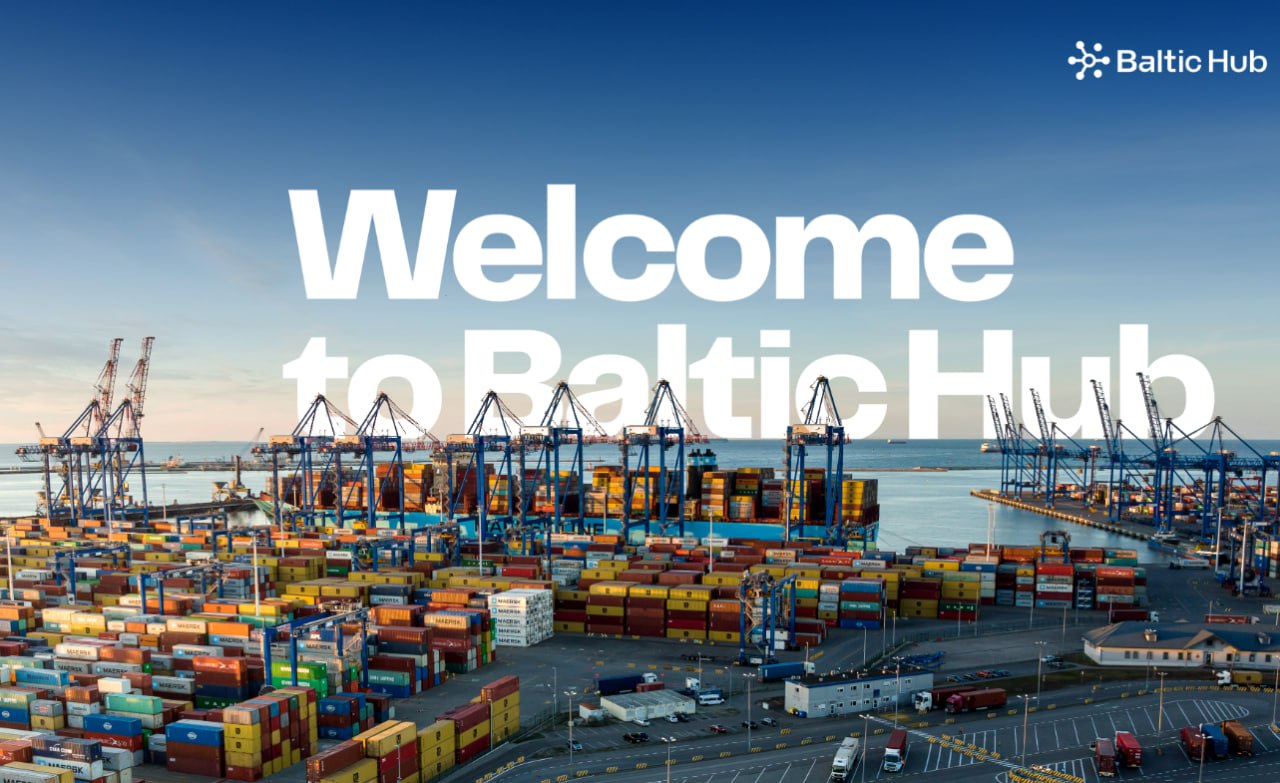Test Operation of the New T3 Terminal in the Baltic Hub Port (Gdansk).

25 years of experience, P&I Club certificates, yellow fever vaccination, special offers for seafarers from other countries: transfer service, accommodation search, discounts on certificates in partner training centers, employment assistance through Georgian crewing companies.
A career at sea is impossible without continuous training and certification. Friends, we continue our series of articles on training centers in Europe where sailors can undergo training and obtain the necessary certificates to work at sea.
In this material, we will focus on where to obtain or renew maritime certificates in Germany and the Netherlands, and we will also look at which training centers for seafarers prepare specialists to work on smart ships and with artificial intelligence technologies.
